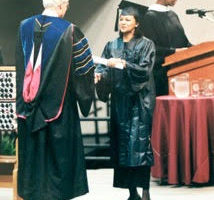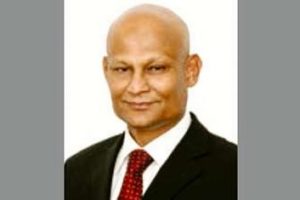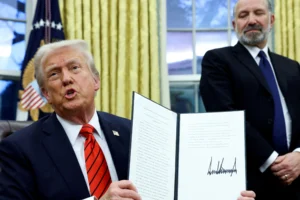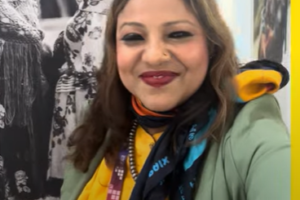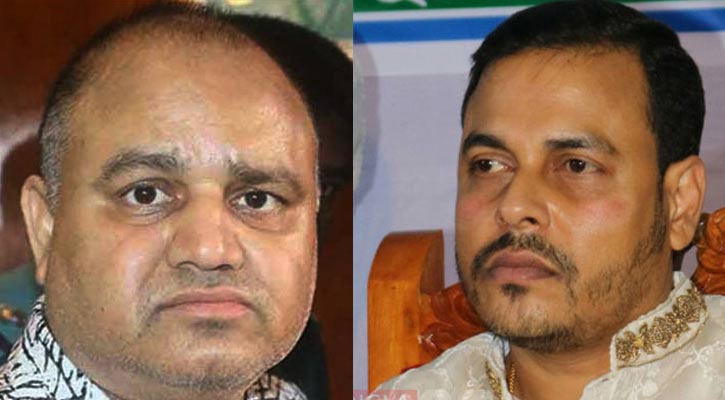US Democrats have been dealt a major blow in their efforts to call witnesses at President Trump’s impeachment trial.
They needed four Republicans to vote with them to allow witness testimony, but one of the few wavering senators said he would not support the measure.
Lamar Alexander said the Democrats had proved Mr Trump acted inappropriately but it was not an impeachable offence.
The announcement paves the way for the possible acquittal of the president by the Senate as early as Friday.
The Democrats had especially wanted to call former National Security Adviser John Bolton who reportedly said Mr Trump told him directly that he was withholding US military aid to Ukraine until it agreed to investigate his rival, Joe Biden.
What did Lamar Alexander say?
In a statement late on Thursday after a long question-and-answer session at the Senate, Mr Alexander, who represents Tennessee, said the Democrats had proven that Mr Trump’s actions were “inappropriate”.
But the 79-year-old said: “There is no need for more evidence to prove something that has already been proven and that does not meet the United States Constitution’s high bar for an impeachable offence.”
He added: “The question then is not whether the president did it, but whether the United States Senate or the American people should decide what to do about what he did. I believe that the Constitution provides that the people should make that decision in the presidential election that begins in Iowa on Monday.”
Democrats were hoping that four Republican senators – Mitt Romney, Lisa Murkowski and Susan Collins, as well as Mr Alexander – would enable them to reach the 51 votes necessary to call witnesses. On Thursday, Ms Collins joined Mr Romney by saying she would also vote for more witnesses.
Mr Alexander’s announcement is a sign that Republicans will be able to block the move and put an end to Mr Trump’s trial with his expected acquittal. A two-thirds majority in the Senate is required to remove him from office, and Republicans hold a 53-47 majority.
Each side is expected to present closing arguments in Friday’s session, before the Senate votes on hearing witnesses. If the vote were to end in a tie, it would mean that the motion had failed unless US Supreme Court Chief Justice John Roberts, who is presiding over the trial, decided to break it, which is unlikely.
Why is Bolton so important?
A bombshell report in the New York Times earlier this week said that Mr Bolton had written in his upcoming book that the president told him directly that military aid was being withheld from Ukraine in exchange for dirt on a Democratic political rival – the key impeachment charge against the president.
The report reinvigorated Democrats’ attempts to call new witnesses to the trial, and simultaneously energised Republican efforts to push the process through without anyone being called.
If the reports about Mr Bolton were true, and he testified to that effect, he would be the first witness in the process to directly link the president to an alleged quid pro quo (exchange of favours) with Ukraine and an abuse of presidential power.
Mr Trump’s lawyer expanded their defence in the Senate earlier this week. He suggested that anything a president did in service of his own re-election could be considered to be in the public interest, and therefore not impeachable. The tactic shocked Republicans and Democrats alike.
The White House pushed back against the publication of Mr Bolton’s book, citing security concerns. The National Security Council alleged that the book had “top secret” details that must be removed, a claim Mr Bolton rejects.
Mr Bolton’s lawyer Charles Cooper responded to the NSC letter last week by saying the book contained nothing classified as top secret.
“We do not believe that any of that information could reasonably be considered classified,” Mr Cooper wrote in an email to the White House on 24 January, the Washington Post reported.
Mr Cooper also said he had asked for an expedited review of a chapter about Ukraine, adding that Mr Bolton was “preparing” for the possibility he could be called to testify in the trial.
Source: BBC





